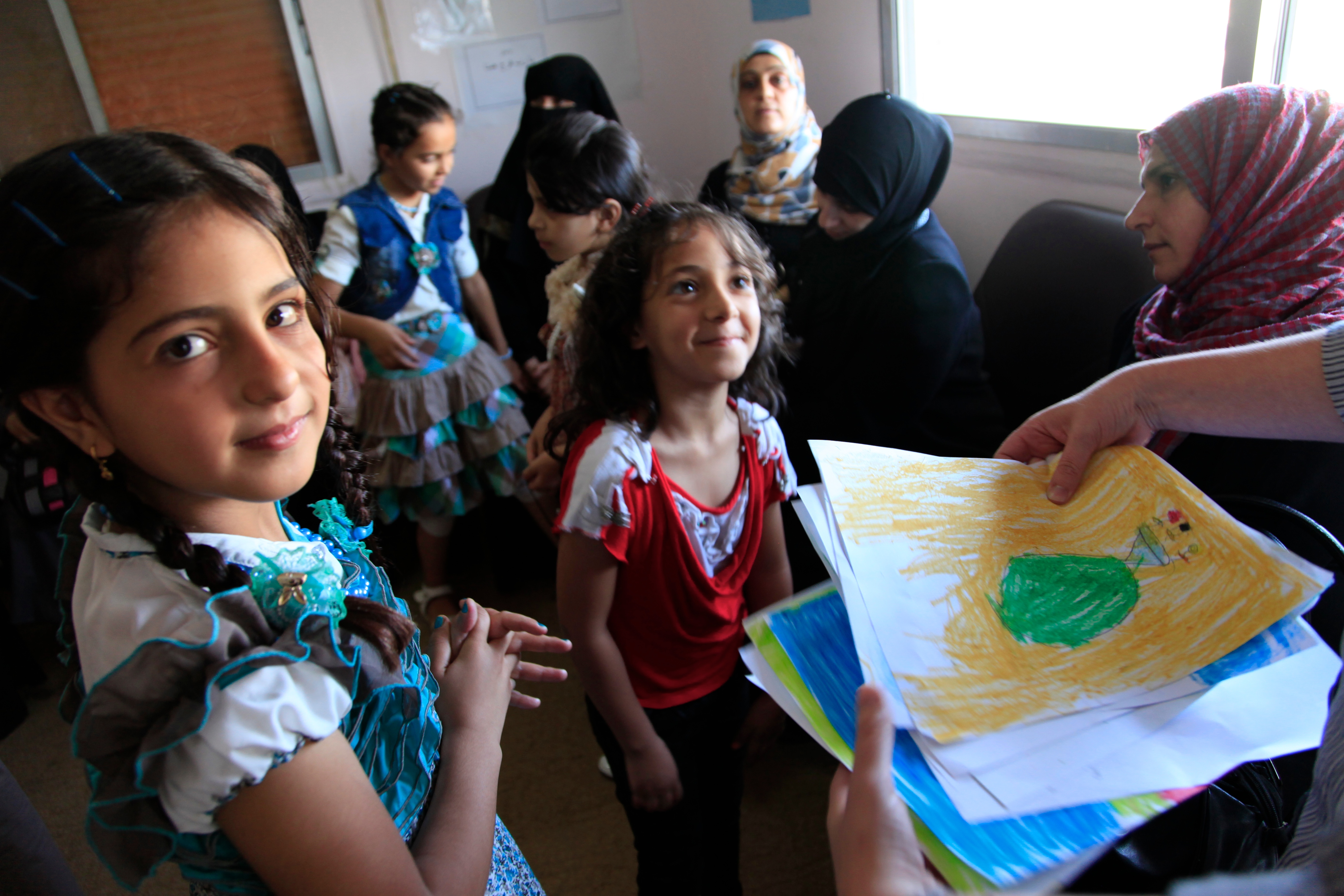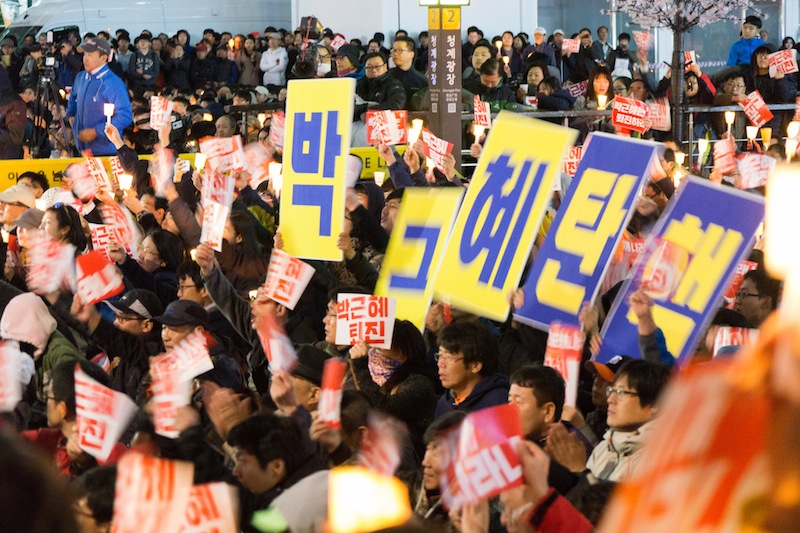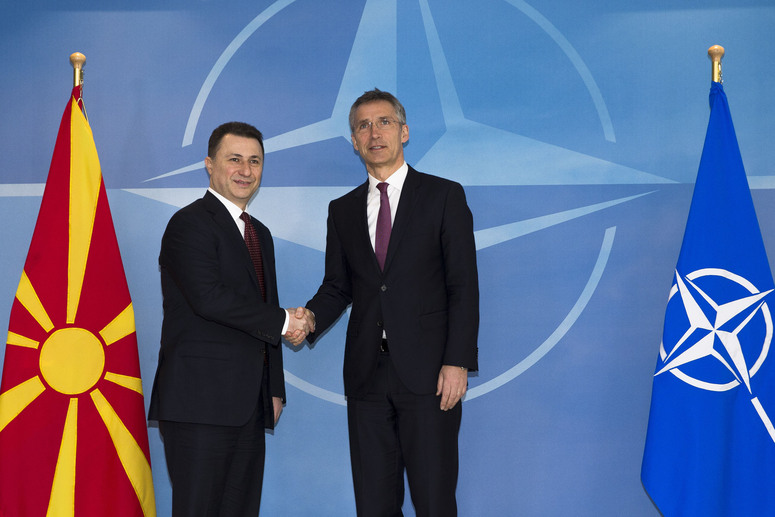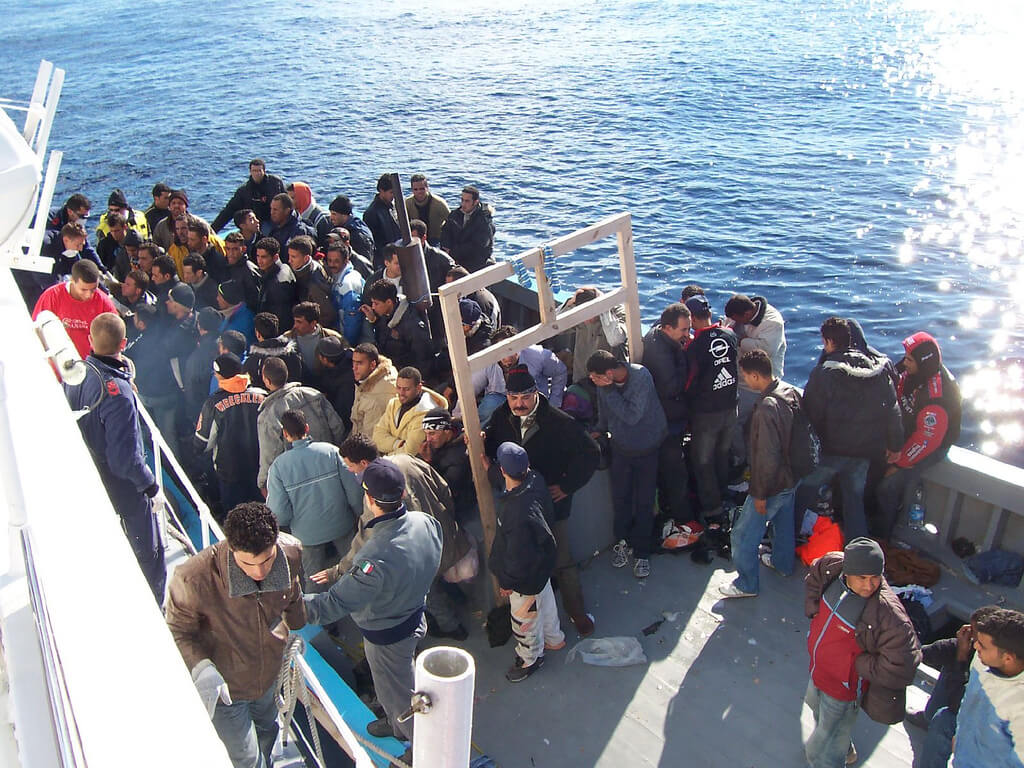The heart wrenching image of Alan Kurdi, a three-year-old Syrian child found drowned on a beach in Southern Turkey following the capsizing of a boat taking him, his brother and his mother to Europe, has galvanized public sentiment around the world. It has refocused the world’s attention on the growing refugee crisis in Syria. Canada’s own refugee policy was thrown into stark relief when it was suggested, days later, that the Kurdis had been trying to get into Canada for months. While there was some question about the accuracy of that information, each political party has released a statement, journalists and public figures have commented in op-eds and speeches alike, and the image has been shared thousands of time on social media.
The debate on Canada’s refugee policy, however, has been ongoing since the start of the Syrian war. Like all international issues, the refugee one is complex and multifaceted. It is also one of those issues that hint at a greater, broader series of debates: on multiculturalism, immigration, security, and on Canada’s role in the world. What follows in this multi-part series is a primer on the most salient bones of contention in Canadian Syrian refugee policy.
Ethnic and Religious Minorities
Last December, several sources close to discussions around Canada’s position on refugees revealed that Canada was seeking to resettle only refugees from Syria’s religious minorities. This week, Defence Minister Jason Kenney reiterated this policy in an interview with Chris Hall of CBC Radio’s The House, explaining that the government’s refugee strategy will continue to focus on “fast-tracking” religious and ethnic minorities out of the region.
The reasoning for this policy, Kenney explained, is based on the fact that minority communities – the Yazidi, Druze, Syrian Catholics, Chaldean Christians and Ismaili Muslims – are often the principal victims of the Islamic State, and are moreover reluctant to seek refuge within UN-operated refugee camps for fear of facing hostile reactions. “I think we – as a pluralistic society – are uniquely sensitive to vulnerable minority communities,” Kenney said. “We don’t want them to be the forgotten ones in this crisis.”
This focus on what people see as predominantly Christian refugees has angered many groups in Canada, including the Canadian Council for Refugees, who argue that the policy is discriminatory. In a news release in December, the group’s president stated, “it is completely unacceptable and in fact irresponsible to discriminate against refugees on the basis of religion.” The United Nations High Commissioner for Refugees (UNHCR)’s policy is in line with this, urging “all states to be guided by the agency’s internationally recognized criteria on eligibility global needs, and priorities. To preserve the integrity of resettlement as a protection tool and durable solution for refugees most in need, it is important to ensure resettlement programmes are needs-based, non-discriminatory and achieve successful integration outcomes.”
Processing Times
The question of processing times for refugee applications may seem to be a purely logistical one, but it is steeped in debates about national security and human rights. Over recent years, the Harper administration has been continually criticized for not doing enough to expedite the application and resettlement process for refugees. Privately sponsored refugees wait nearly 51 months to have their application processed. The backlogs are in part due to the 2011 closure of the Canadian embassy in Damascus, once its main processing centre in the region. This forced the government to relocate its resources to Ankara, Beirut, and Amman, a process that put them back 18 months.
International Development Minister Christian Paradis’ announcement that the government would deploy more resources in Beirut and Amman, with more people on the ground to make sure refugee processing is accelerated, was welcomed but still criticized by activist groups and opposition parties alike for being a “band-aid solution.”
On one side of the debate, there are calls for more efficient and faster refugee processing. On Friday, a group of high-profile Canadians called on the government to take immediate action on the refugee crisis. The group, which includes former Immigration Minister Ron Atkey, former NDP leader Ed Broadbent, and former UN High Commissioner for Human Rights Louise Arbour, made three recommendations. The first two were focused on processing times: sending Canadian visa officers into the field immediately, and streamlining the visa process to make it more effective and efficient.
Similar voices have also chimed in from the political realm. NDP leader Tom Mulcair has called for more people on the ground, including military assets to start moving refugees out of the area more rapidly. Former Progressive Conservative Prime Minister Joe Clark said last week that Canada could take in refugees more quickly by sending Canadian officials to UN refugee camps where they could screen applicants in person, citing a similar process used by his administration in 1979 in Vietnam.
The argument against these kinds of reforms is primarily grounded in national security. Nancy Caron, spokeswoman from Citizenship and Immigration Canada, has stated that “processing times depend on a number of factors, including the volume of applications, the security situation in the region, and how quickly requirements such as security screening and medical examinations can be competed.”
These last two points are of particular concern to the Harper administration. During a question-and-answer session on Facebook last week, Harper emphasized the need to “screen every potential refugee carefully,” explaining “we cannot open the floodgates and airlift tens of thousands of refugees out of a terrorist war zone without proper process. That is too great a risk for Canada.” In an article for the CBC, journalist Neil Macdonald agreed, arguing that “proper screening takes time” and citing a Canadian official who told him he’d “advise the prime minister to go as slowly as possible.” According to the Harper administration, security concerns have been the main reason behind slow processing times, and these security concerns need to be dealt with before the visa application can be expedited in any way.
Next up in this multi-part series: refugees by the numbers, private-sponsored vs government-sponsored refugees, and more!




